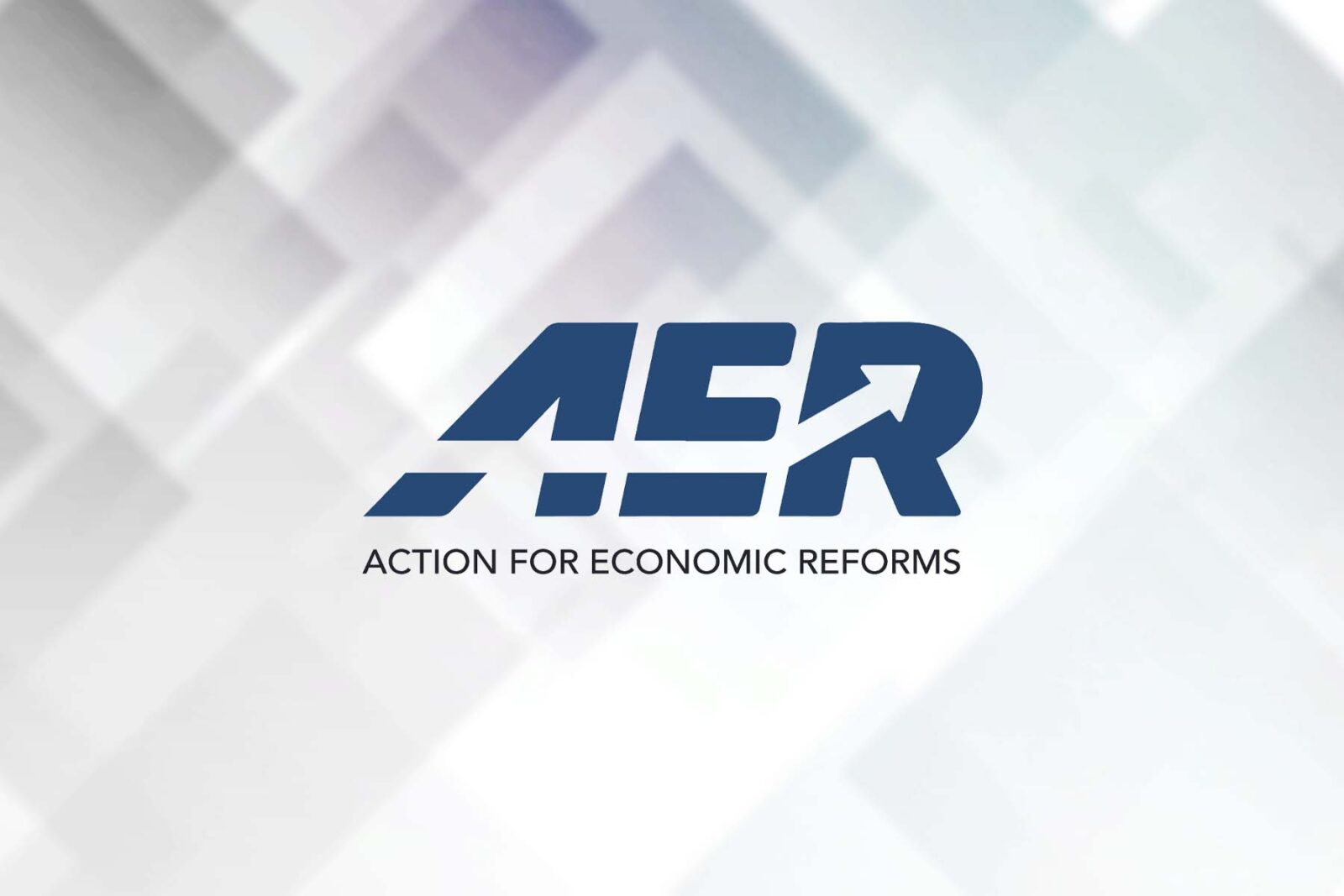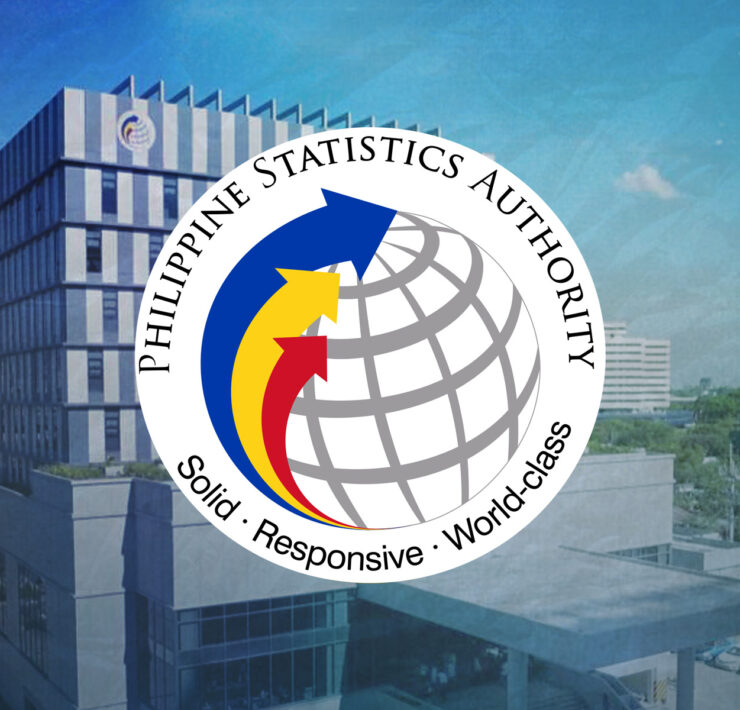Group seeks inflation-linked hikes in sugary drink tax

A policy think tank has urged the government to slap higher taxes on sugary drinks, warning that the health and fiscal punch of the existing levy has lost its fizz.
Action for Economic Reforms (AER) said the one-time increase in sweetened beverage taxes under the Duterte administration initially helped curb consumption.
But with prices rising steadily, the measure’s impact has weakened, the group said.
To restore its bite, the group wants the levy indexed to inflation and broadened to cover exemptions, arguing that only then can it keep both public health and state coffers in check.
“Taxing products that exceed acceptable thresholds for sugar and sodium can help curb consumption and, in turn, reduce the risks of non-communicable diseases such as diabetes, hypertension, and cardiovascular diseases,” AER said.
The Philippines already has an existing tax policy on sweetened beverages under the Duterte-era Tax Reform for Acceleration and Inclusion, or TRAIN law, passed last 2018. As early as its first year of implementation, AER said the tax had proven its effectiveness in reducing consumption and generating public revenues.
Finance Secretary Ralph Recto, however, has junked his predecessor’s plan to raise taxes on sugary drinks and junk food, arguing that such levies risk fueling inflation. Instead of reaching for new taxes—a move often fraught with political blowback—Recto said he would focus on boosting revenues through more efficient collection and privatization of state assets.
This year, the government plans to borrow P2.6 trillion from lenders to plug a projected budget deficit of P1.6 trillion, equivalent to 5.5 percent of gross domestic product. The drive is expected to push the debt stock to P17.36 trillion by year’s end.
AER said strengthening the sugary drinks tax would provide a more robust foundation for a more comprehensive health tax package—one that already includes tobacco, alcohol and eventually, unhealthy ultraprocessed food products.
“Just as the SB tax addresses the harms of sweetened beverages, implementing a nutrient-based tax on unhealthy packaged foods can reduce consumption of products high in sugar, salt, and fats—nutrients of concern that contribute to diabetes, hypertension, heart disease, and other non-communicable diseases,” AER said.
“This tax isn’t just about raising funds—it’s about protecting the health of the population. By cutting down on unhealthy products, it helps people live healthier lives, reduces medical expenses, and supports Universal Health Care programs, especially those that provide nutrition for children and care for mothers,” it added.





















